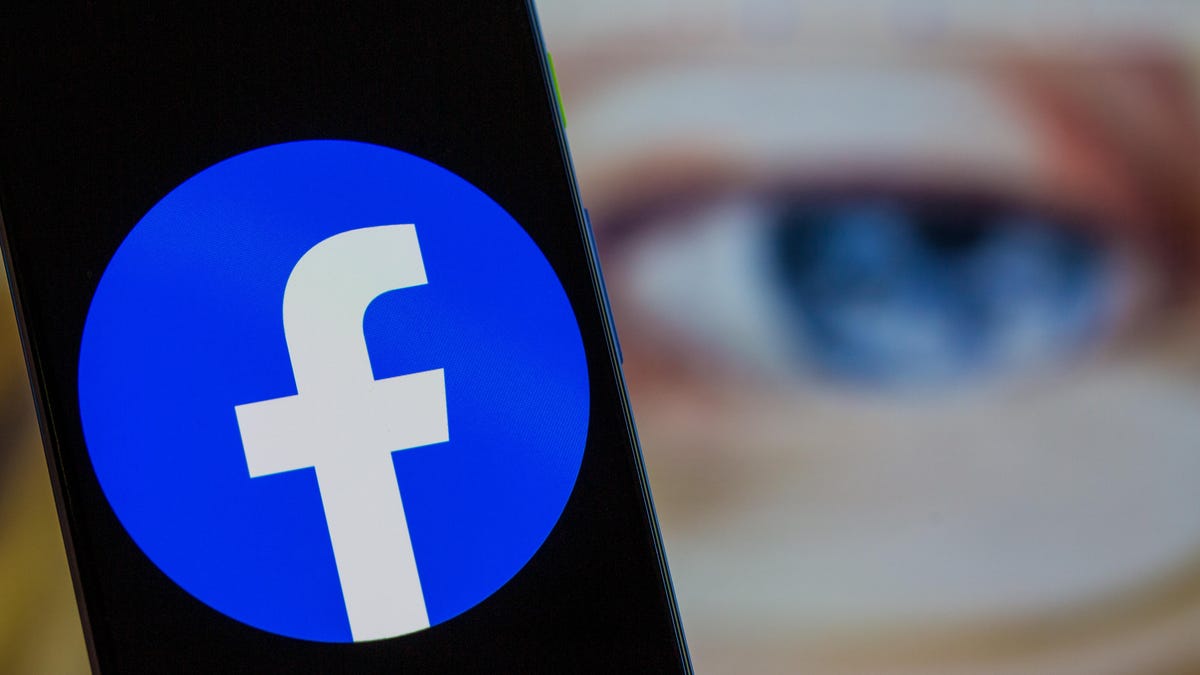Facebook's transparency efforts around political ads fall short, study finds
Tens of thousands of Facebook pages that ran US political ads failed to disclose who paid for them, researchers say.

A new study casts more doubt on how well Facebook's political ad transparency efforts are working.
Facebook has tried to make it clearer who's paying for political ads but a new study from New York University researchers casts more doubt about how well these transparency efforts are working.
The social network requires political advertisers to verify their identity and include a disclaimer that shows who paid for an ad. Facebook put these new measures in place after facing criticism that the company didn't do enough to stop foreign entities like Russia from meddling in the 2016 US presidential election. A public database displays political ads running on the social network.
From May 2018 to June 2019, a total of 68,879 Facebook pages that ran US political ads failed to disclose who was funding them, researchers found. These ads cost an estimated $37 million, according to the study. Facebook found these political ads and included them in the database after they were no longer running but they don't have a retroactive disclaimer. Researchers say that's a problem because the lack of information makes it harder to figure out who is behind an ad campaign, including those who try to spread disinformation.
"We recommend that Facebook take on a more active role in improving its Ad Library security so that fewer political advertisers are able to avoid accurate disclosure and transparency," said Damon McCoy, an NYU assistant professor of computer science and engineering who co-authored the study, in a statement.
A Facebook spokesman pointed out that the company has expanded its transparency efforts since 2019 and that most of its ads have proper disclaimers. The company, under fire for a policy that allows politicians to lie in ads, said in January that it was rolling out new changes to the ad library, such as making it easier to search and providing more information about the audience an advertiser is trying to reach. Facebook also started requiring that political advertisers in the US provide their Federal Elections Commission or tax ID number.
"Our authorization and transparency measures have meaningfully changed since this research was conducted," a Facebook spokesman said in a statement. "We offer more transparency into political and issue advertising than TV, radio or any other digital ad platform."
Still, these changes don't address all the issues that the researchers brought up in the study.
Researchers also found other weaknesses in Facebook's transparency efforts, raising questions about whether the company is doing enough to enforce its rules ahead of the 2020 US elections. Some of the Facebook pages ran the same political ad but disclosed very little about who they were.
For example, a page called "Angry Buckeyes" ran an ad in December 2018 that included a news article about a report that claimed President Donald Trump's tariffs on China could harm middle class Americans. That same ad was posted by the Facebook pages "Union Patriots" and "Middle Class Voices of Pennsylvania." It's unclear who runs these pages but they used a similar tactic deployed by Russian trolls during the last US presidential election.
Facebook's ad transparency efforts have faced criticism in previous years.
Some businesses have complained that Facebook has misclassified their ads as political or related to an issue of national importance. Media outlets such as Vice News and Business Insider also found flaws, showing how the tool could be abused. The publications got approval to publish ads they identified as having been paid for by parties such as Vice President Mike Pence, Cambridge Analytica, the Islamic State and all 100 US senators. Other researchers have found that Facebook's ad library is plagued with so many bugs and technical issues that it's difficult to track political messaging.
Then there are other loopholes around political ad rules. In February, former US presidential candidate Mike Bloomberg paid influencers to post memes about his campaign on Facebook-owned Instagram. Social media companies such as Facebook don't consider political posts from influencers to be ads, allowing candidates to skirt certain rules.

